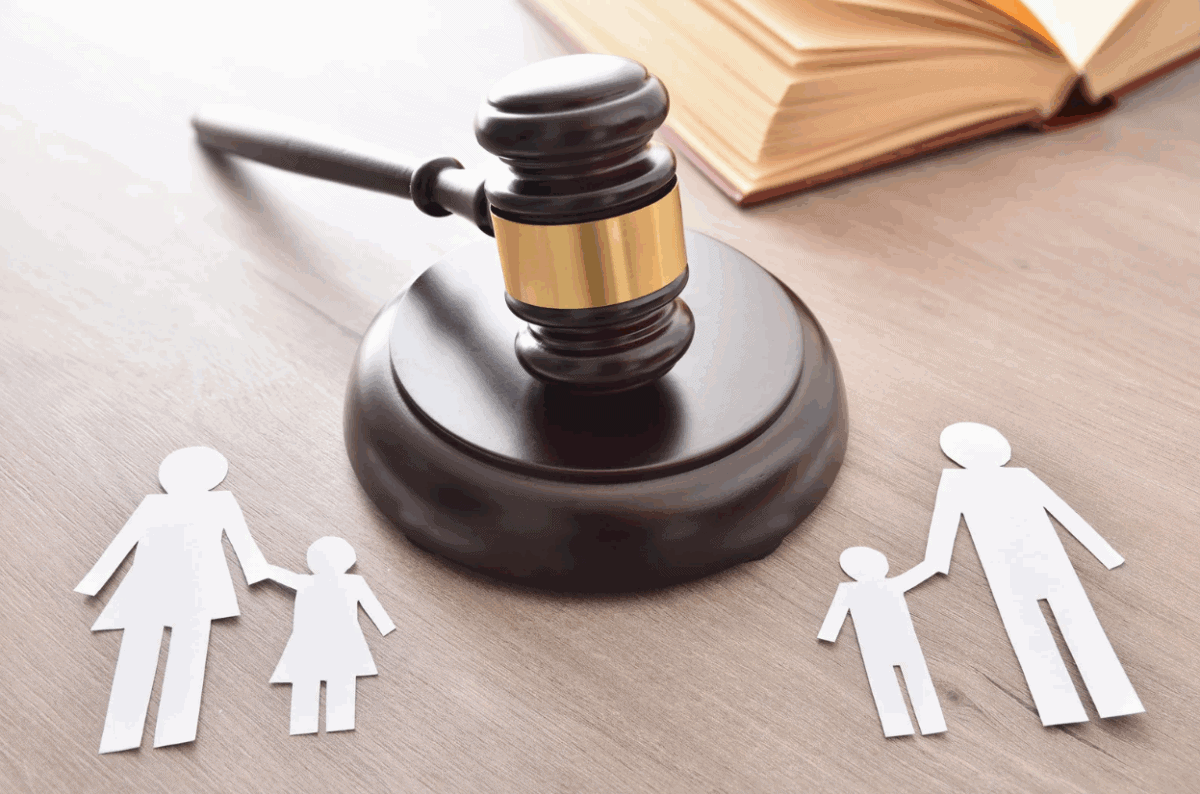Divorce can be one of life’s most emotionally and legally complex experiences. Whether it’s the division of assets, custody of children, or the legal process itself, navigating this chapter requires both emotional resilience and expert legal guidance. In Australia, divorce law is governed by a clear framework, but the journey is rarely straightforward for those involved.
For individuals facing the uncertainty of separation, working with experienced professionals such as the team at Avokah Legal can provide much-needed clarity and support. This article delves into the essential aspects of divorce law in Australia, highlights the importance of tailored legal advice, and underscores how skilled coorparoo lawyers play a critical role in securing favorable outcomes.

1. Divorce Law in Australia: The Basics
In Australia, divorce is regulated under the Family Law Act 1975, which established a “no-fault” divorce system. This means that the court does not consider who was at fault in the breakdown of the marriage. Instead, the only ground for divorce is that the marriage has irretrievably broken down, proven by 12 months of separation.
To file for divorce in Australia, you must meet several conditions:
- You and your spouse must have been separated for at least 12 months.
- At least one spouse must consider the marriage over with no prospect of reconciliation.
- Either you or your spouse must be an Australian citizen, live in Australia, or consider it your permanent home.
While the process might seem straightforward, it can be emotionally draining and legally complex, especially when children, property, and shared finances are involved.
2. Legal Separation vs. Divorce: What’s the Difference?
It’s important to understand the distinction between legal separation and divorce. Separation refers to the end of a relationship where spouses decide to live apart. This does not require any formal documentation unless you are applying for government benefits or beginning property settlements.
Divorce, on the other hand, is the legal dissolution of a marriage. You can be separated and still be legally married, and many couples delay applying for divorce due to emotional reasons, financial arrangements, or religious beliefs.
Clients at Avokah Legal are guided through both these stages with sensitivity and strategic advice, ensuring they understand their rights and options from the outset.
3. How Custody and Parenting Orders Work
When children are involved, the court prioritizes their best interests. This includes the child’s safety, the benefit of having meaningful relationships with both parents, and maintaining stability in their lives. Parenting arrangements can be made formally through court orders or informally via mutual agreement.
Here’s how parenting matters typically unfold:
- Parenting Plans: These are informal agreements outlining living arrangements and responsibilities. They are not legally enforceable.
- Consent Orders: These are legally binding agreements approved by the court.
- Parenting Orders: If parents can’t agree, the court issues orders based on evidence and the child’s welfare.
Getting the right legal advice early on helps ensure that parenting decisions are fair, child-focused, and enforceable. Skilled coorparoo lawyers understand the nuances of parenting law and help parents avoid unnecessary conflict.
4. Property Settlements: Who Gets What?
Property settlement is a separate legal process from divorce. It involves dividing marital assets and debts, including real estate, savings, superannuation, and business interests. Contrary to popular belief, there’s no automatic 50/50 split.
Instead, the court considers:
- The financial and non-financial contributions of both parties.
- Future needs, such as age, health, and earning capacity.
- The care of children.
Reaching a fair property settlement is one of the most complex aspects of divorce. Without proper legal representation, individuals risk receiving less than they are entitled to or overlooking important entitlements like superannuation splits. That’s why firms like Avokah Legal provide comprehensive legal strategies that protect your interests.
5. Emotional and Legal Support Are Both Essential
Divorce isn’t just a legal matter—it’s a life-changing event that affects your mental, emotional, and financial well-being. Many people underestimate how overwhelming the legal process can be when compounded with the stress of separation.
That’s why choosing the right legal partner matters. Legal teams who practice empathy alongside expertise—like those at Avokah Legal—can offer not only clear legal direction but also the reassurance needed during difficult moments. They take the time to understand your unique circumstances and deliver solutions that balance compassion with results.

Common Mistakes to Avoid in Divorce Proceedings
Divorce is a legal process that demands precision and careful decision-making. Unfortunately, many people make costly mistakes such as:
- Acting without legal advice.
- Failing to document financial and asset details.
- Agreeing to unfair parenting arrangements without understanding their rights.
- Letting emotions drive decisions rather than focusing on long-term outcomes.
With experienced legal counsel, these missteps can be avoided, and individuals can approach the future with confidence and peace of mind.
Why Local Legal Experience Matters
While Australian divorce law is federal, having local legal support offers key advantages. Familiarity with local courts, mediators, and judges can significantly improve how smoothly your case progresses. For residents in and around Coorparoo, working with knowledgeable coorparoo lawyers offers strategic benefits, especially when speed and clarity are essential.
Final Thoughts
Divorce is undeniably challenging, but with the right support, it can also be the beginning of a new, empowered chapter. Understanding the legal landscape, knowing your rights, and engaging with trusted professionals like Avokah Legal can make the process more manageable and less daunting.
Whether it’s protecting your financial future, securing parenting rights, or simply navigating the paperwork, working with a compassionate, experienced team is one of the best investments you can make in your post-divorce life.
If you’re beginning the divorce process or exploring your options, don’t hesitate to seek professional legal advice tailored to your circumstances. Divorce may be the end of one journey, but with the right guidance, it can be the start of something new and hopeful.


